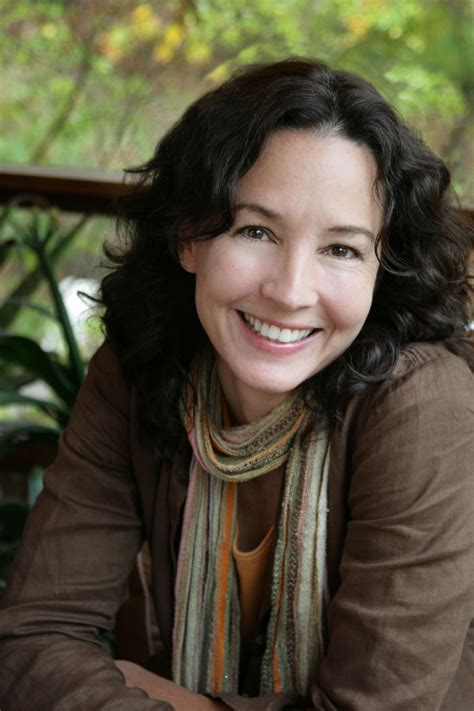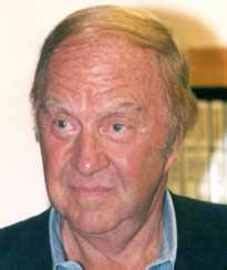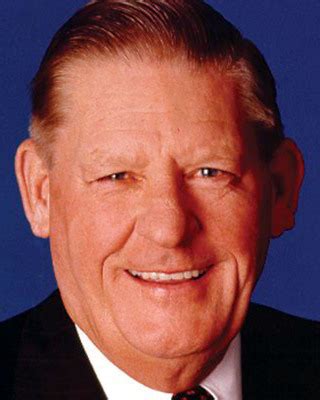A Quote by Joshua Oppenheimer
What I've always been most interested in is exposing the way stories and fantasies reconstitute our everyday reality. What appears to be non-fiction is not only totally mysterious, unfathomable, and strange when you really look at what it is.
Related Quotes
It was not in my nature to be an assertive person. I was used to looking to others for guidance, for influence, sometimes for the most basic cues of life. And yet writing stories is one of the most assertive things a person can do. Fiction is an act of willfulness, a deliberate effort to reconceive, to rearrange, to reconstitute nothing short of reality itself. Even among the most reluctant and doubtful of writers, this willfulness must emerge. Being a writer means taking the leap from listening to saying, "Listen to me."
All we are, all we can be, are the stories we tell," he says, and he is talking as if he is talking only to me. "Long after we are gone, our words will be all that is left, and who is to say what really happened or even what reality is? Our stories, our fiction, our words will be as close to truth as can be. And no one can take that away from you.
Maybe all wondrous books appear in our lives the way Milo’s tollbooth appears, an inexplicable gift, cast up by some curious chance that comes to feel, after we have finished and fallen in love with the book, like the workings of a secret purpose. Of all the enchantments of beloved books the most mysterious-the most phantasmal-is the way they always seem to come our way precisely when we need them.
I think we create our world through stories. We use storytelling to escape or protect ourselves from the unimaginable and the horrible - from the real, in a way. It's like white light - if you put everyday reality through a prism you get this rainbow of colors that you couldn't see before. I'm interested in exploring the world to show the things that are invisible. And not just undocumented aspects of reality, but to actually make manifest things that have been hitherto invisible through the intervention of filmmaking.
At night, I love to look in the houses. When I was little, I did that much more, when I was so bored. It might be awful in those houses, of course, but I still speculate about them in a romantic way. It's the same if you are famous: you are in the light, and most people have fantasies about you, but these fantasies have nothing to do with reality.
We have this idea that everyone should be totally independent, totally whole, totally together spiritually, totally fulfilled. That is a myth. In reality, our lack of fulfillment is the most precious gift we have. It is the source of our passion, our creativity, our search for God. All the best of life comes out of our human yearning, our not being satisfied.
In its most fundamental sense, execution is a systematic way of exposing reality and acting on it. Most companies don't face reality very well. ... Realism is the heart of execution, but many organizations are full of people who are trying to avoid or shade reality. Why? It makes life uncomfortable.
Free will appears unfettered, deliberate; it is boundlessly free, wandering, the spirit. But fate is a necessity; unless we believe that world history is a dream-error, the unspeakable sorrows of mankind fantasies, and that we ourselves are but the toys of our fantasies. Fate is the boundless force of opposition against free will. Free will without fate is just as unthinkable as spirit without reality, good without evil. Only antithesis creates the quality.
If we are uncritical we shall always find what we want: we shall look for, and find, confirmations, and we shall look away from, and not see, whatever might be dangerous to our pet theories. In this way it is only too easy to obtain what appears to be overwhelming evidence in favor of a theory which, if approached critically, would have been refuted.





































